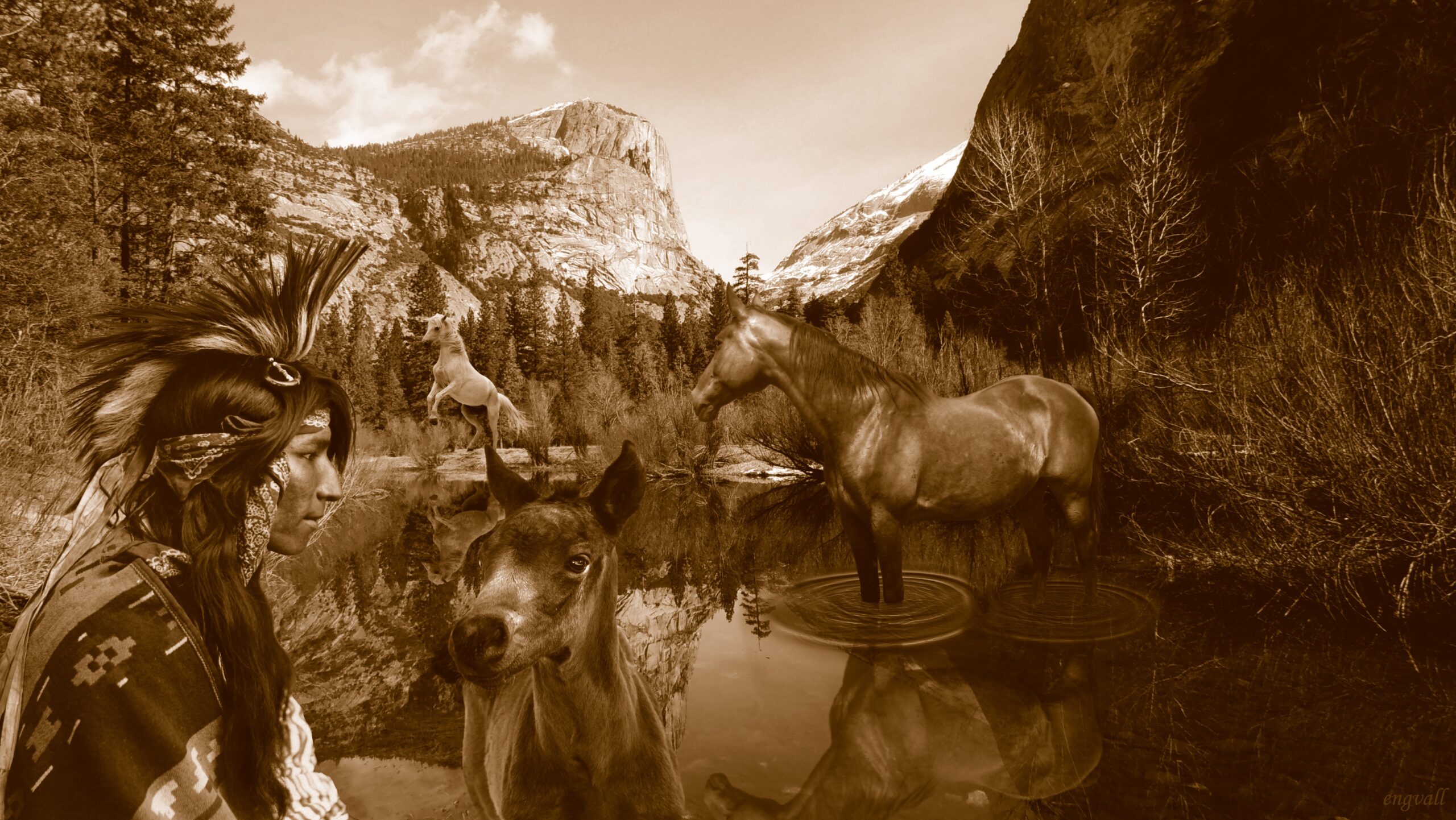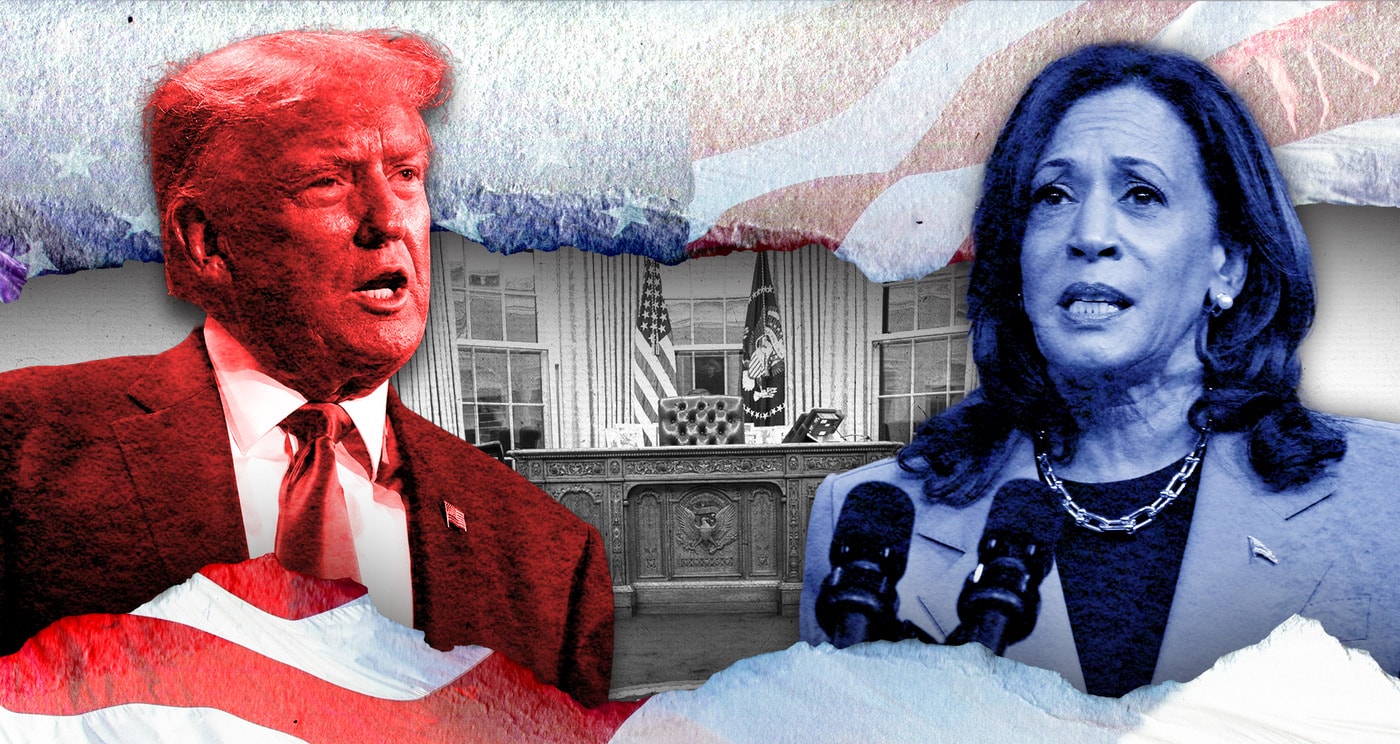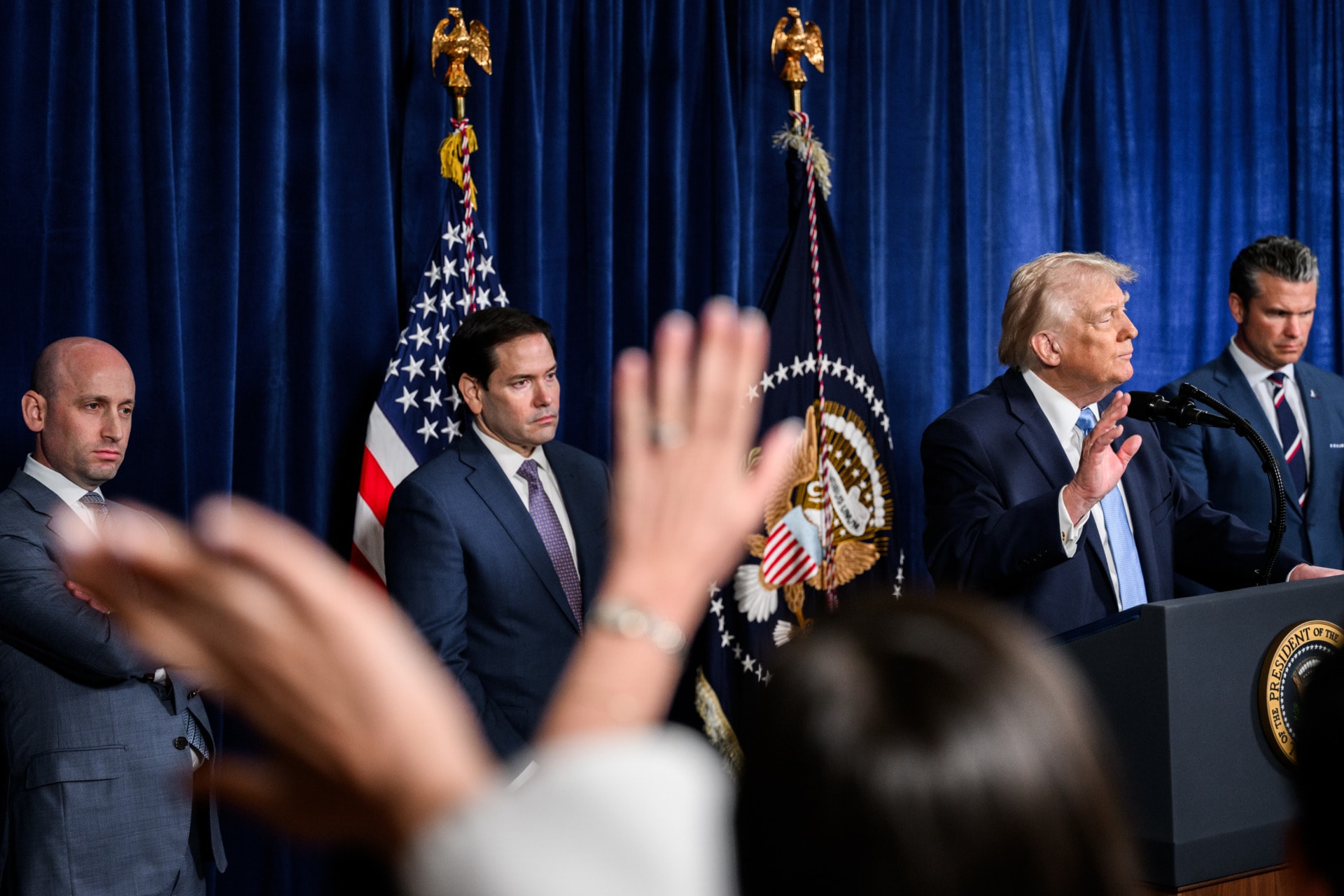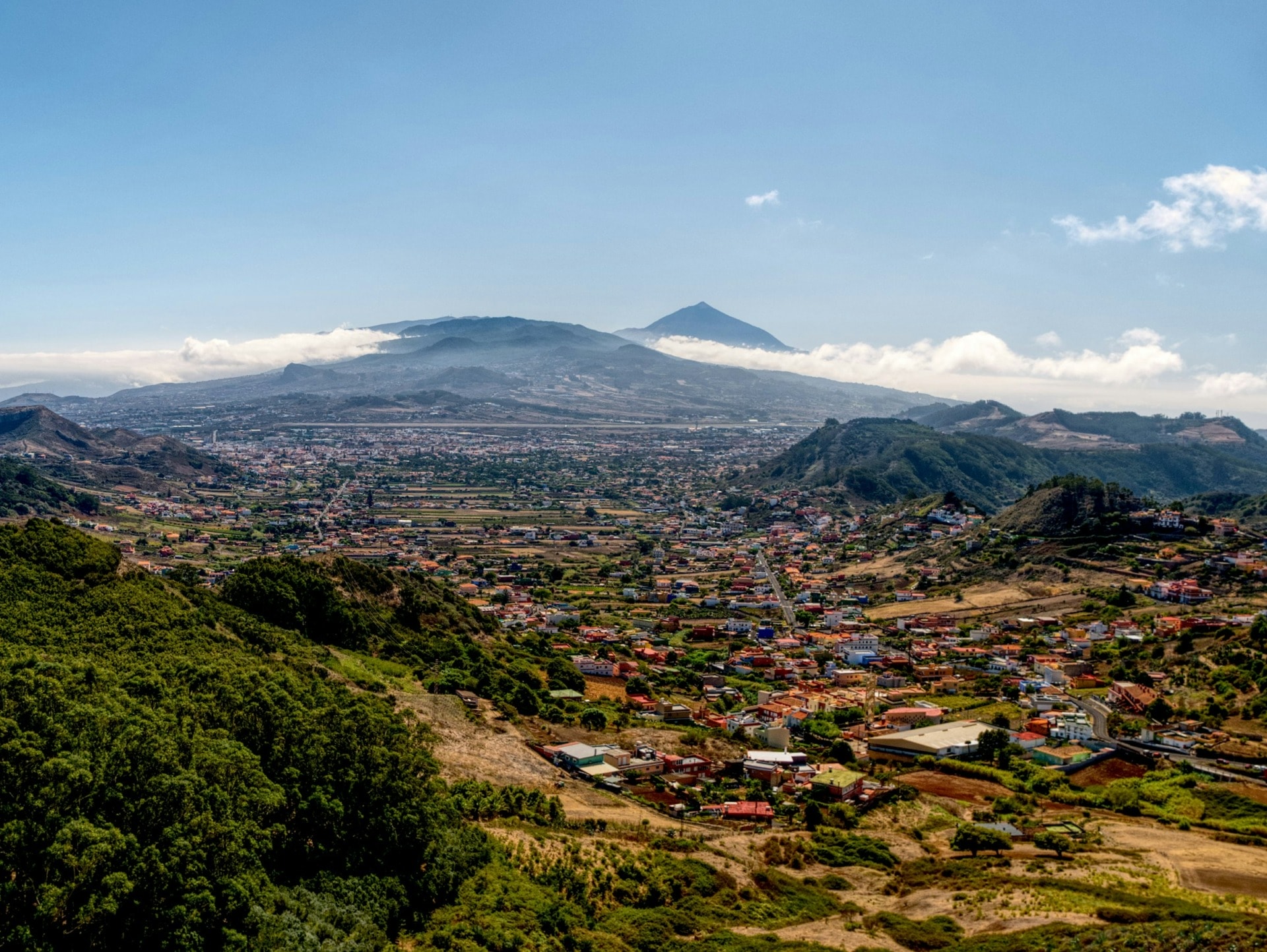On November 2, 196 countries at the COP16 UN biodiversity conference in Colombia agreed to establish a new global fund dedicated to sharing the benefits derived from using digital sequence information (DSI) from genetic resources.
However, after a marathon 24-hour final negotiations sprint, discussions around the establishment of a new wider biodiversity fund, as well as other key decisions, have been postponed and the meeting suspended, because there were no longer enough negotiators in the room to take decisions. This outcome risks undermining confidence in and the implementation of the Kunming-Montreal Global Biodiversity Framework (KMGBF).
The decision on the “Cali Fund” states that companies using digital sequence information from genetic biodiversity resources in their products should pay a portion of their profits or revenues into the fund. While the disbursement details are still being finalized, it has been agreed that 50% of the fund will be allocated to Indigenous Peoples and local communities, either directly or through governments. This will enable these communities, including women and youth to finally share in the profits.
“The new ‘Cali Fund,’ although imperfect and with many details still to be ironed out, is an important step forward. It ensures that companies profiting from nature contribute fairly to biodiversity conservation and directs critical funding to the people and places that need it most,” said Kirsten Schuijt, Director General at WWF International.
Commenting on the suspension of the meeting, Schuijt added: “Despite Colombia’s valiant efforts and the tireless work of many negotiators to find consensus and build bridges between countries, this outcome jeopardizes the implementation of the Kunming-Montreal Global Biodiversity Framework. Nobody should be okay with this – because it will impact us all. Delivering the mission to halt and reverse nature loss by 2030 was never going to be easy, but we’re now veering dangerously off track.”
Negotiations around the establishment of a wider new biodiversity fund for developing countries have been suspended.
Negotiations about monitoring progress progressed throughout the past two weeks, focussing on filling gaps in the monitoring framework and on the modalities for a global review process (“stocktake”) in 2026 and 2030, which would help to hold countries accountable for implementing the KMGBF. Regrettably, these negotiations could not be concluded before the COP was suspended.
Developed countries are lagging behind on their commitments to provide US$20 billion annually in international biodiversity financing by 2025. Pledges to the interim funding mechanism, the Global Biodiversity Framework Fund (GBFF), in Cali were also meager, with the fund currently totaling US$407 million. Actions around identifying and repurposing subsidies harmful to nature have made little headway since the KMGBF was adopted.
“Following the negotiations on biodiversity finance here in Cali was as enjoyable as root canal surgery,” says Bernadette Fischler Hooper, Head of International Advocacy at WWF-UK. “The discord between donor and developing countries shortly before the meeting suspension is sadly not surprising, but certainly disappointing. Countries have been divided for years and have not managed to find a solution that works for all. However, waiting longer to take the badly needed decision on the fund dedicated to the CBD threatens the delivery of 2030 nature goals.”
At the end of COP16, 44 revised National Biodiversity Strategies and Action Plans (NBSAPs) were submitted and 119 Parties have submitted revised National Targets, representing around 63% of countries, a welcome uptick from before the COP when less than half of countries had published plans or targets.
“One of Colombia’s main goals was to bring together diverse community voices from around the world, to ensure their voices were heard at COP16,” says Dr. Lin Li, WWF’s Senior Director for Global Policy and Advocacy. “After many years of attending these summits, for the first time, this truly has been a ‘People’s COP’ — with increased participation of Indigenous Peoples, local communities, Afro-descendants, women, and youth, all raising their concerns for Mother Earth. Their voices must be heard by the decision makers in the negotiation rooms, in government offices, and in the boardrooms of businesses depleting nature, and their requests incorporated into decisions being made,” Li continued.
Related Articles: Catastrophic 73% Decline in the Average Size of Wildlife Populations in Just 50 Years Reveals a ‘System in Peril’ | Inside the UN Biodiversity Conference | What Have Cats Got to do With Climate Change? An Interview with Dr. John Goodrich
Sandra Valenzuela, CEO of WWF Colombia, added: “The adoption of the Article 8(j) work program and the Subsidiary Body is a momentous decision to guarantee the full and effective participation of Indigenous Peoples and local communities in the work undertaken under the Convention on Biological Diversity. The recognition of the Afro-descendant people embodying traditional lifestyles in conserving biodiversity is essential for the implementation of the Convention. It is a step forward to achieve peace for nature”.
There was notable progress in some areas. This included the mainstreaming of biodiversity across key sectors, with a new government-led Mainstreaming Champions Group launched with the support of 18 Parties (and growing). The adoption of an action plan on biodiversity and health, and of the procedures for describing Ecologically Biologically Significant Areas (EBSAs) in the oceans were also key developments, the latter representing a significant step toward achieving the target of conserving 30% of ocean areas by 2030. COP16 also saw unprecedented participation from the public, including in the UN CBD’s first Green Zone in Cali.
Progress was also made in integrating nature and climate efforts. With COP29 just weeks away in Baku, WWF welcomes the commitment by Parties to strengthen alignment of NBSAPs and Nationally Determined Contributions (NDCs) and to explore stronger collaboration between the climate and biodiversity conventions, as well as better tracking of funding sources to avoid double counting of nature and climate finance.
** **
This article was originally published by WWF and is republished here as part of an editorial collaboration with WWF.
Editor’s Note: The opinions expressed here by the authors are their own, not those of Impakter.com — In the Cover Photo: Stocktaking plenary at COP16. Cover Photo Credit: UN Biodiversity.













